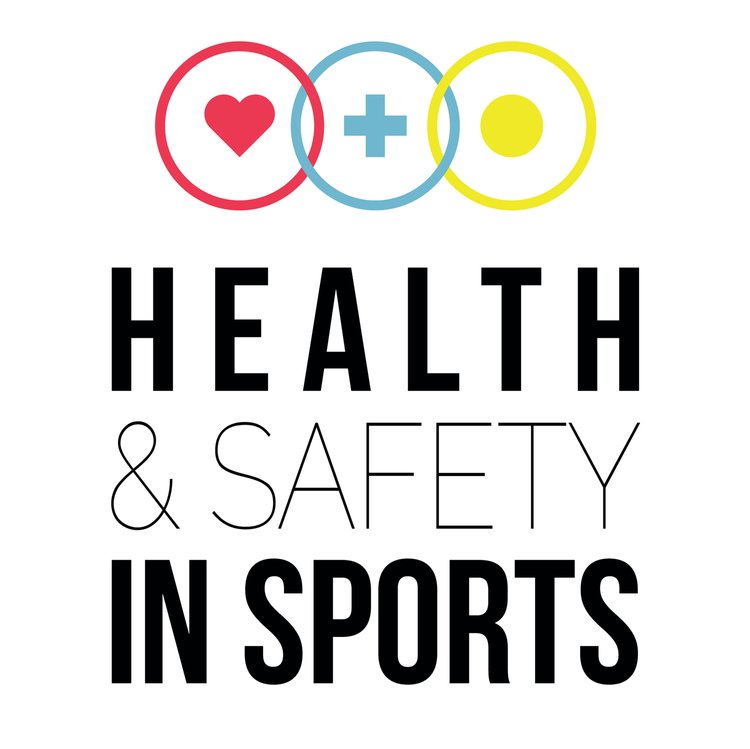PROJECT PARTNERS
Edith Cowan University, Australia
University of Pretoria, South Africa
FUNDING
International Olympic Committee
BACKGROUND
Over recent years, the International Olympic Committee (IOC) Sports Medical and Scientific Commission has strongly supported the development and dissemination of sports medicine consensus statements, produced in conjunction with peak sports medicine organizations and published across leading scientific journals. The statements cover a wide range of issues from use of platelet rich plasma to concussion management to youth athletic development. Since 2004, 24 consensus statements have been published, all of which were developed to provide consistent, evidence-based guidance for the promotion of athlete health and wellbeing across the IOC community.
The number of consensus statements continues to grow. However, to date, the dissemination (where the documents have been used, by whom and how) and implementation (how are the documents used and what are the outcomes) of these statements has not been evaluated. This means that it is not known if there has been uptake of the consensus statements or if the goal of the documents has been achieved: to improve athlete health and wellbeing.
Before continuing to invest, financially and academically, in the preparation of future statements, evidence for their usefulness and effectiveness is required.
OBJECTIVES
The aim of this project is to formally evaluate the impact of the medical consensus statements, through three related phases.
(1) Document analysis – summarizing the content and citations of the statements (no ethical approval for this phase is required)
(2) Interviews with stakeholders in Australia and South Africa to understand if and how they have used the statements and/or what barriers they have faced in use of the statements
(3) Survey of international sports federations and national olympic committee. The survey will be based on the issues identified in phase 2, to identify the scope of statement use (or non-use) worldwide.


